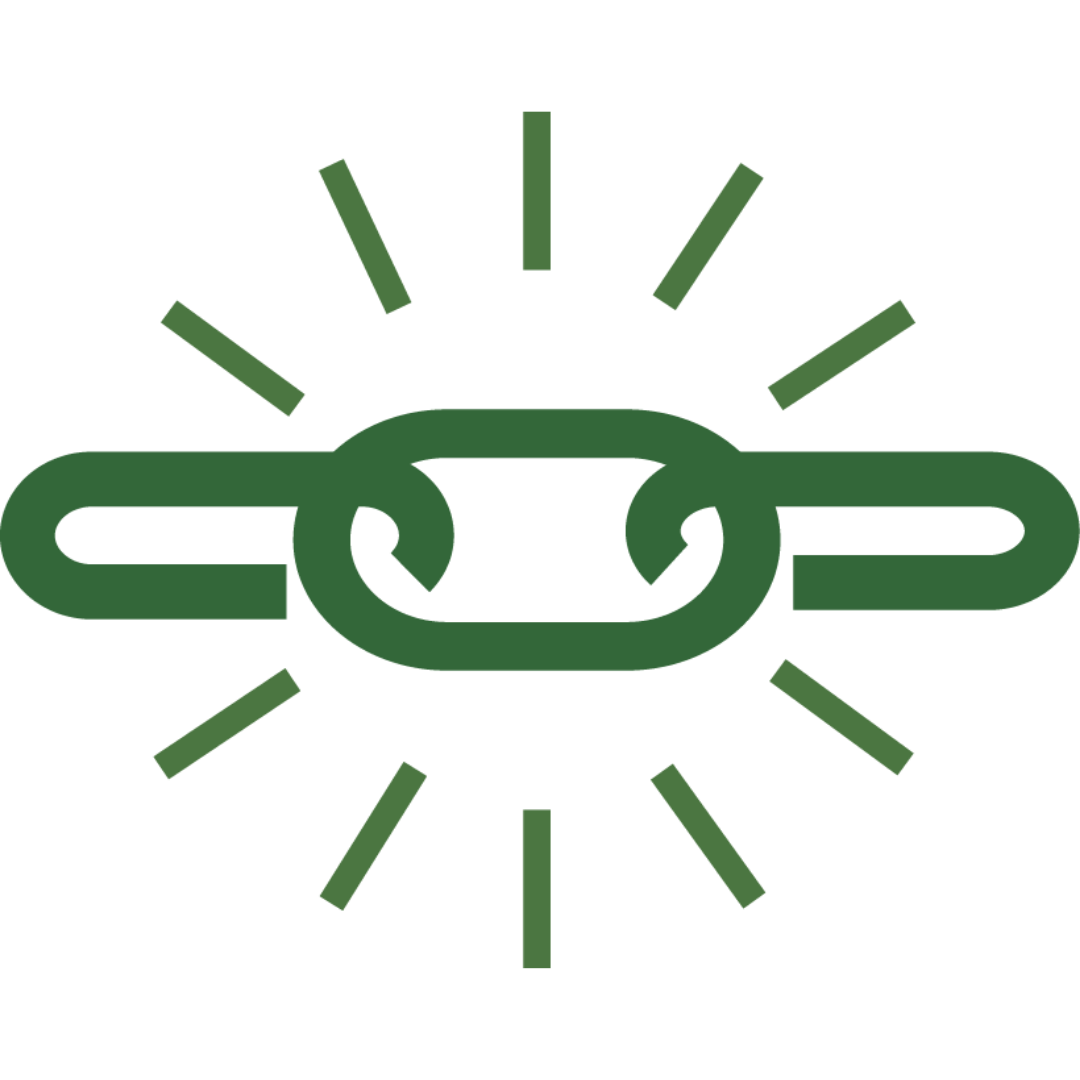Being vegan and vegetarian is on the rise. But why?
Many point to the growing amount of evidence about the harmful effects of animals and meat but…
What about the growing evidence of the harmful effects of eating plants and NOT eating meat?
Not surprisingly (to me, that is!) there aret two sides to this perverbial coin…
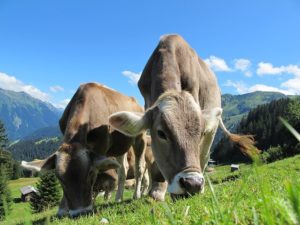
In the last article you learned about the attack of the killer mosquitos.
In this article you’ll learn about my thoughts and experiences around the all-too-often hotly debated topic of: being Vegetarian and Vegan.
What’s the problem with your food?
Yes, it’s a presumptuous question…assuming that you have a problem with your food in the first place…
The problem is that your food may be contributing to all sorts of issues in your life. Things like:
Problem 1: You have poor nutrition leading to poor health.
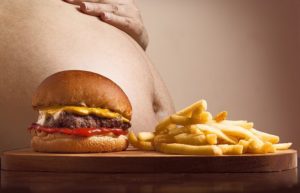
Maybe you could lose a few pounds and you know that the best way to do so is to clean up your diet.
Or you’re concerned about all these rampant chronic diseases affecting everyone around you. Things like diabetes, Alzheimer’s, Parkinson’s, heart disease and even cancer.
Problem 2: Anxiety and stress.
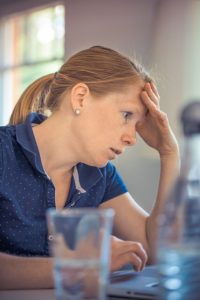
Maybe you worry about the food you eat…because you’re concerned about how it affects you, the source of the food (like plants and animals) and the environment.
What’s the solution?
The solution: stop eating meat.
It sounds simple enough, right? If you just stop eating animals, then you kill multiple birds with just one stone…

Benefit 1: You can save your health.
Many people report feeling much better when they cut meat out of their diet.
And it comes as no surprise because, when people go on diets or otherwise clean up their diets in just about any shape or form, they will cut out things that are bad for their health…as well as do other healthy things like exercise.
Going veggie / vegan is not much different…unless, that is, you’re still eating a lot of grains, sugars / carbs, legumes, processed foods, etc. If you’re not taking care of these potential offenders, you’re probably still doing harm to your body.
Benefit 2: You can save the animals.
A lot of people worry about the treatment of animals that are part of our food supply. And rightly so. Too many animals are stuffed into factory farming operations where they are fed a diet of anti-nutrients with little space to move and “enjoy life”.
But some people don’t stop there. They think that no animals should be killed. Ever. Because killing and death are simply the natural orders of our universe, I imagine these people experience a lot of anxiety. Death is simply something that none of us will escape. All things come to an end.
And the end of one life may become sustenance for the life of another.
Benefit 3: You can save the planet.
Similar to the last point about saving animals, on a larger scale you can believe that not eating meat will save the planet.
This argument is certainly justified in light of the current state of affairs when it comes to not just sourcing meat but also all of your food.
That is, the state of food production is a bit of a mess. And it is undoubtedly contributing to the destruction of the environment.
But does not eating meat really solve this problem?
Hardly. It’s too often misguided and dogmatic in its approach – to the point where it seems people often forget why they stopped eating meat and instead go on crusades against meat and more specifically cows.
Case in point: the documentary Cowspiracy in which cows are myopically and unfairly blamed for our environmental issues.
Do you identify yourself with your food?
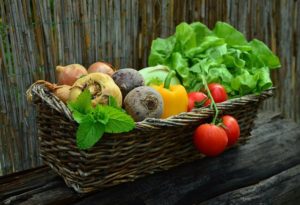
For example: Do I go around telling people that I’m omnivorous? No.
So, why then do vegetarians identify with “being vegetarian”?
On the surface it’s quite simple. Being omnivorous is the norm. So, if you diverge from the norm you end up revealing something different about yourself – especially when it comes to something as important as the food you eat.
To me it would be more interesting for people to explain WHY they identify with their food. Is it for the environment, animal’s feelings, or health?
What do you identify as?
I don’t know about you but I’m most certainly omnivorous, as are more than 99.9% of human beings in existence – ever.
If you stop eating meat do you really solve so many problems?
Yes and no. It’s quite simplistic, idealistic and misguided to think that just going vegetarian or vegan is going to solve all of these problems – or any one of these problems.
But the point of this article isn’t to justify humans as naturally omivorous creatures; rather, it’s to pose the question:
Why are so many people going vegetarian and vegan?
I think I see it more and more in my travels and, coming from Los Angeles where I assumed that there were more vegetarians per capita than most places on Earth, I was somewhat surprised to meet so many meat-averse people during my travels in Southeast Asia.
If you’re avoiding meat for the environment, the animals, and your health, that totally makes sense to me. In this day and age of factory farmed animals everywhere, it’s hard to avoid…especially when you go to restaurants where the source of the food is out of your control and mostly a mystery.
Ecovillages and Vegetarianism / Veganism
This is where it doesn’t make sense to me… If you’re in a planned, intentional community where you get to decide or at least know how animals are treated, then why not eat them?
If you’re practicing permaculture (like you may have learned about in a past article) then you are likely growing healthy plants from healthy soil, without harmful pesticides.
So why not also raise healthy animals?
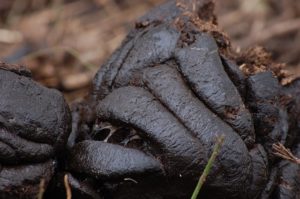
Where do you think fertilizer comes from?
Stop and think about this. Unfortunately at Gaia Ecovillage, the fertilizer did NOT come from Gaia; rather, they bought fertilizer from the nearby towns.
And that fertilizer comes from…
Animals!
Yes…this is something that I think a lot of people don’t consider when they are demonizing meat. The meat comes from animals. The animals poop on the soil which helps the plants grow.
It’s the cycle of life (and death).
If you want a sustainable and natural way of living, you live alongside animals.
And, in terms of health, you’re hard-pressed to find a source of nutrients as rich as animals. The nutrients are more bio-available and have less anti-nutrients that block absorption and can destroy your gut (like with vegetables).
So yes, vegan and vegetarianism is still a thing.
I was just a little disappointed to discover that Gaia doesn’t allow cooking or eating meat – except for the pets (dogs and cat), that is, that are fed sausage from the market.
Just ahead of my time at Gaia Ecovillage, my friend, Daniel, said that going vegetarian for a couple weeks could be seen as a bit of a cleanse for my body. I concurred, thinking that sounded good… until, that is, I discovered what kind of plants they ate…
Soy is still a thing. Soy sauce. Tofu. Soybean oil.
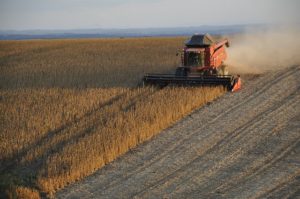
People aren’t aware of the deleterious effects of oils – like the soybean oil used at the ecovillage.
Yep, people still see soy as some kind of super food and especially it seems are those who follow plant-based diets. I can’t blame them because I fell into the same trap for nearly two years of my life. But then I started learning about more of the nuances around healthy eating and living.
I learned that soy and many refined and processed oils likely do more harm than good. I’m not going to go into the details here because many others already have done so. Of course you can find evidence to support either side of the argument so I urge you to find out the motives behind the studies. You might be surprised to see that businesses support studies that further their own agenda.
Some thought leaders – like Dave Asprey – in the health and wellness world are now saying that some oils are as bad or worse than smoking.
Where’s the beef?
Back to ecoliving at Gaia…
We had a short lesson on the Thai language – led by Mae. I learned to count to ten, how to say hello, thank you, no plastic bag, how much, what is it, and, perhaps most important, beef. Nobody around here seems to know that word…which is not a surprise since Gaia is a vegetarian village and the trend that not eating animals will somehow save the world seems to still be growing. (I thought I had escaped some of that dogma when I left California!)
Back to soy.
In the morning we were going to collect straw from the rice fields. However, instead we ended up collecting soybeans that some people later sorted (and will later be used for planting more soybean). I’m a little disheartened to see that Gaia wants to produce soybean because it controversially is not the healthiest of plants for our bodies. I’m no expert but, even if you eat organic soybean, you’re still getting a heavy dose of anti nutrients that will block the absorption of other important nutrients you eat. That’s in addition to the high levels of estrogen that may cause some endocrine (hormone imbalance) issues.
This detour ends SOON!
Okay, this has been a bit of a rambling article that could use a lot more editing! But the point is really that, if you want to live sustainably and healthily, you really may need to eat animals.
How can you be both self-sustaining and healthy?
At Gaia Ecovillage, they weren’t self-sustaining so they ended up buying much of their food, fertilizer and many other things from outside markets.
If you do want to be self-sustaining and healthy without animals, you have to supplement with nutrients from outside markets as well. This is something that a lot of plant-based peeps overlook.
That is, when I ask them about supplementing with missing nutrients, they just look back at me with a blank stare. It’s simply something they don’t even consider.
Detour: How to supplement if you’re vegan or vegetarian.
Do you know what you’re missing out on by not eating meat?
If you’re not eating meat then you need to look at supplementing to get the nutrients your body needs.
Here’s a quick list:
Most important / core supplements:
Vitamin B12 (25–400 mcg), algal oil softgels (650 mg of combined EPA and DHA), creatine (2–5 g), and carnitine — either acetyl- L-carnitine (250–500 mg) for neurological benefits or L-carnitine (2 g) for non-neurological benefits.
For vegetarian and vegan athletes:
Take beta-alanine (4–6 g) with the core supplements.
Acetyl-L-carnitine might improve focus when taken 30–45 minutes before exercise.
For vegetarians and vegans who want to add more protein to their diet
add 20 g of a vegetarian or vegan protein powder if you’re not eating enough protein and progressively increase this dose as needed. The greater the dose, the greater the benefit from spreading it over several meals.
For vegetarians and vegans avoiding salt:
Take iodine (75–150 mcg) with the core supplements.
unless, that is, you consume sea vegetables or iodized salt (either by itself or as an ingredient of processed foods), you probably do not need to supplement iodine.
For vegetarians who don’t get enough sun
With a meal containing fat, take vitamin D3 (50 mcg / 2,000 IU) in the form of an algal extract.
I hope that helps!
That’s all for now.
In the next article you’ll get back on the educational ecovillage train and learn about “natural building”…
